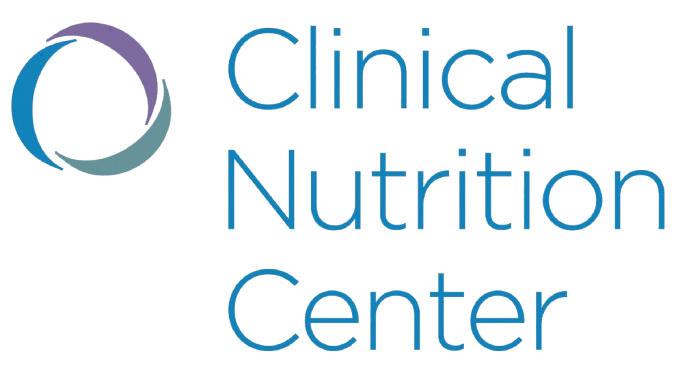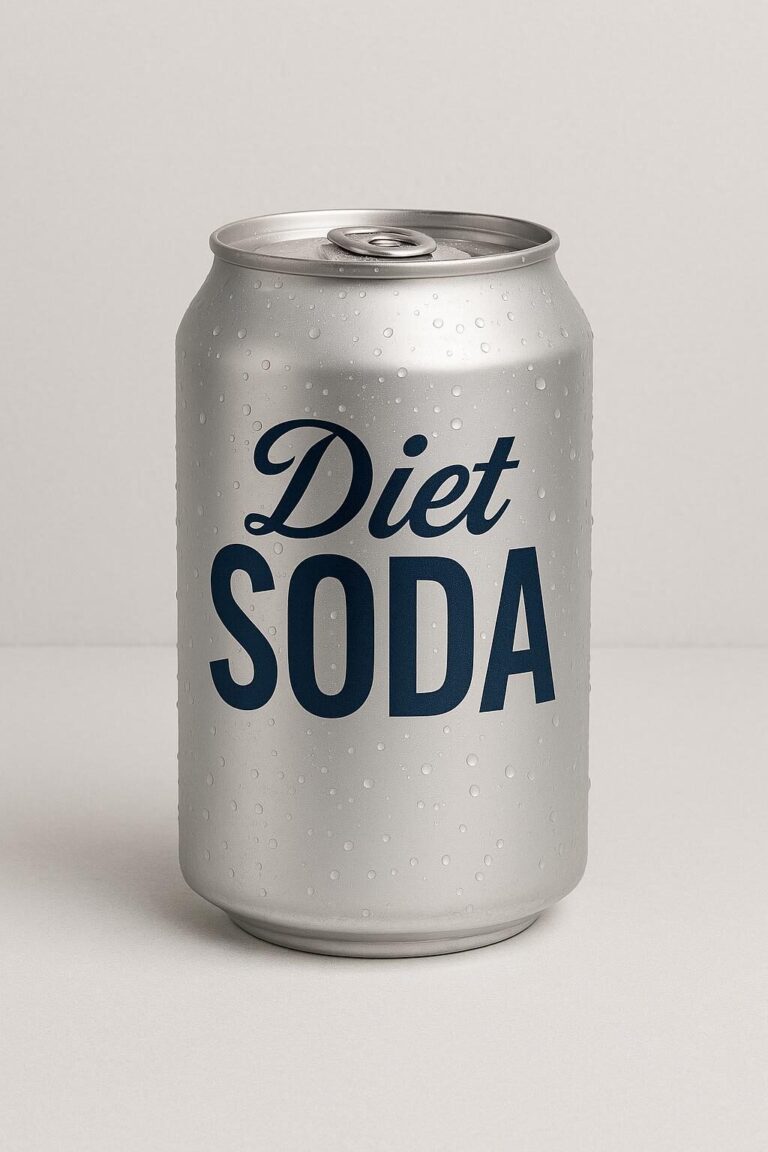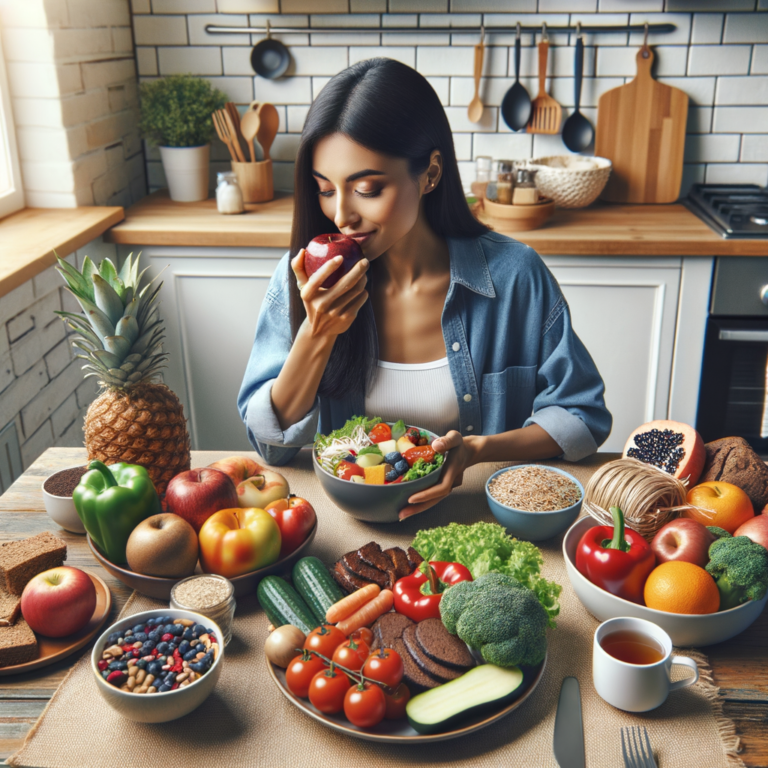Putting a Mediterranean Diet to Work for You
Perhaps you noticed the tiny ripple in the media in mid-February: A study of Mediterranean – type dining versus typical American stuffing suggested that a diet low in saturated fats, red meats and refined grains, and high in fish, produce and healthy oils reduced microscopic blood vessel damage in the brain. Missed it? Never fear! Here’s a recap, and some easy ways to nudge your habits closer to this healthier way menu: Researchers found that people who eat like Italians, Greeks and Spaniards have less brain blood vessel damage than typical eaters from our 50 states.
Nine hundred sixty-six (good sample size!) adults filled out questionnaires about their food choices as part of the study. Researchers sorted the group based on how closely their diets resembled a classic Mediterranean diet ( fresh fruit and vegetables, legumes, nuts and seeds, whole grains, fish, olive oil and a moderate amount of alcohol). The diet nixes most red meat, fatty dairy, sweets/refined sugars (This is a big one!) and refined grains..
Each person was then given an MRI brain scan, where researchers looked at what’s called “white matter hyper intensities” These are teeny-tiny markers that indicate damage to microscopic blood vessels. This kind of damage is thought to be a big contributor to “silent strokes” — the kind of brain event that is not noticeable, but can affect our mental performance over the course of our lives.
One very interesting finding of this preliminary study: a high ratio of monounsaturated to saturated fats had a protective effect in particular: those who had the highest ratios also had the lowest amount of small blood vessel damage. What are the “monos?”…Olives, olive and canola oil, nuts, seeds and avocados are fantastic sources.
What does this mean for your daily plate? Take a look at your breakfast. If you’re doing a grain product, is it whole? Can you add a big serving of berries? What about lots of tomatoes and low-fat cottage cheese? Lunch could be a big salad with salmon, pine nuts and balsamic vinaigrette…maybe some avocado slices. Try a vegetarian dinner with black beans, brown rice and lots of stir-fry veggies. (Don’t forget the spices!) One of the best things about this pattern of eating is that it’s delicious!
Remember: Studies aren’t accepted as fact until they are replicated several times with different population groups. Eating beautifully has many benefits: healthier weight, more energy, better skin and hair…. Perhaps one day we’ll be able to add the benefit of a healthier brain in older adults. It’s worth a shot!
Happy eating!
Tracy Boykin, RD




